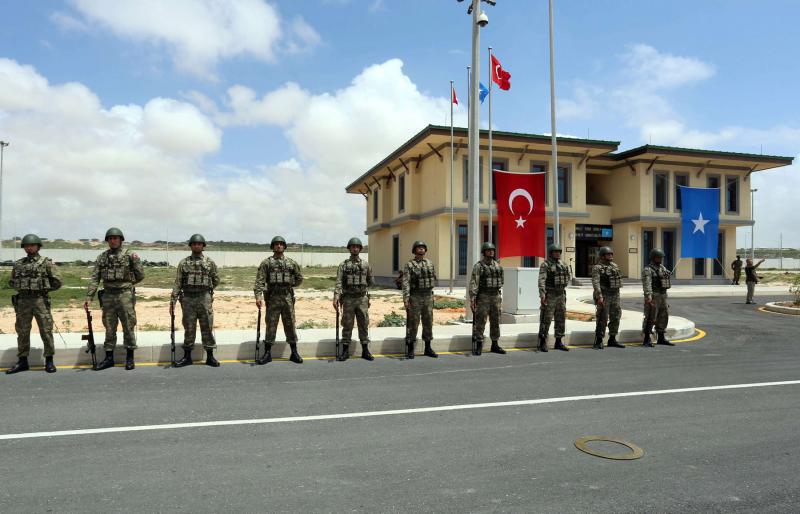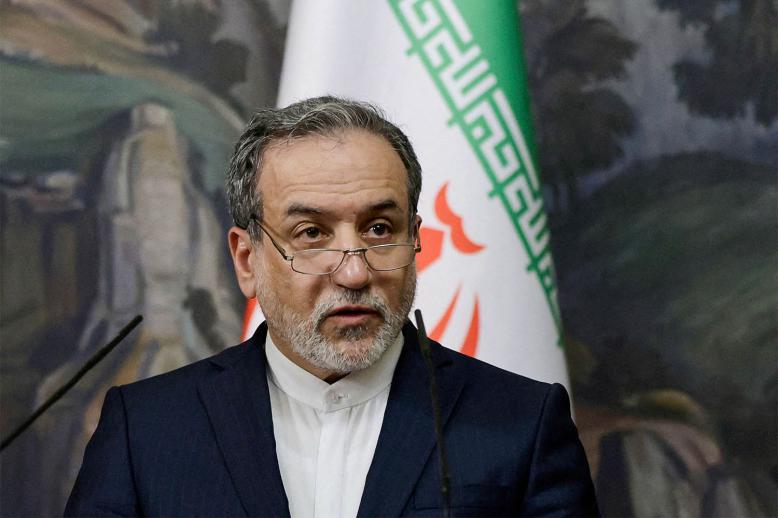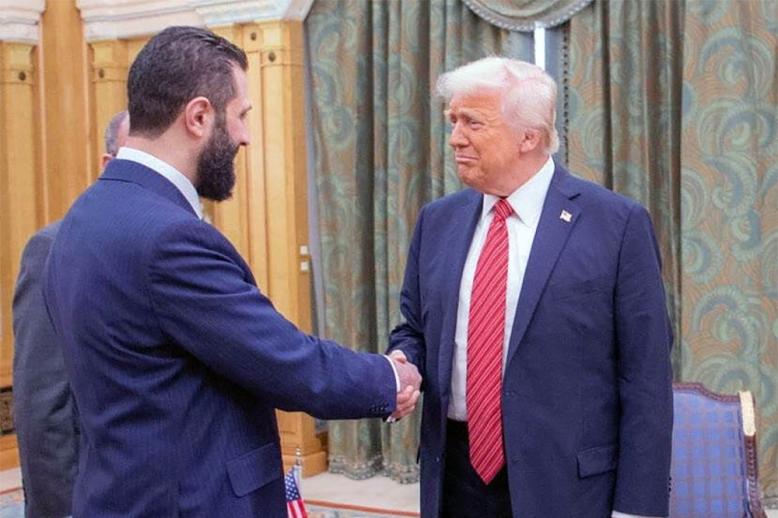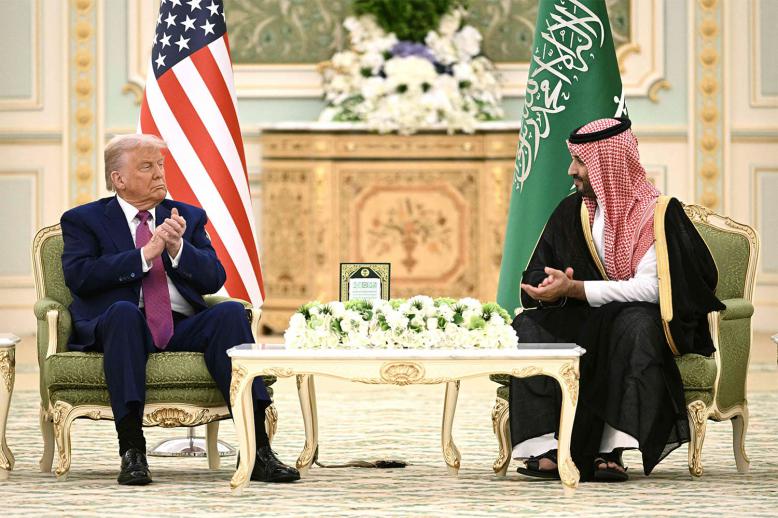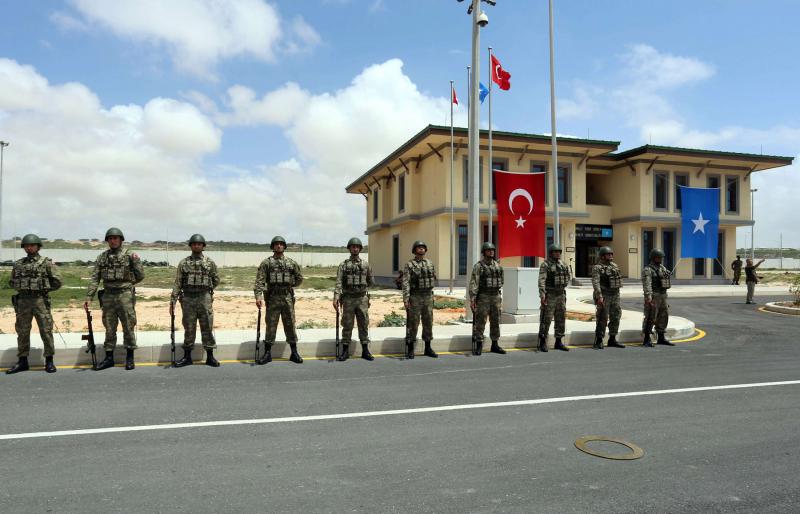Turkey's dubious economic promises in Somalia
LONDON - The Turkish-Somalia Joint Economic Commission recently met to open Turkish investment and trade in Somalia. Ankara is exploiting the opportunity in a new commercial campaign.
Ankara is investing in its relationship with Mogadishu through economic promises, the credibility of which has been questioned while intervening in security and military matters.
Turkish promises to Somalia are meant to give the impression that Ankara is interested in rehabilitating Somalia’s infrastructure by building roads, hospitals and schools and otherwise supporting the educational system.
With the stated goal of strengthening economic and strategic partnerships between the two countries, the commission meetings were attended by the Somali Minister of Planning, Investment and Economic Development, Jamal Mohammed Hassan and Turkish Defence Minister Hulusi Akar.
Akar said the commission forms the basis for collaborative activities in many fields, especially trade and investment. The attendance of the Turkish minister of defence pointed to other areas of interest.
It is estimated that the trade between Somalia and Turkey totalled $200 million in 2018, in favour of Turkey. In 2003, it was $2 million.
Somalia watchers have doubts over Turkey's plans to support Somalia financially, even though Mogadishu faces a severe debt crisis. Somalia's foreign debt stands at about $4.7 billion, an amount that the International Monetary Fund (IMF) deemed impossible for the country to bear.
Analysts said Turkey's influence in Somalia, both hidden and public, could be hampering attempts to lift the country out of chaos. Ankara allegedly fuels conflict between tribes and extremist factions.
Moreover, the Turkish interference in Somalia's politics seems to have alienated regional and international backers such as Saudi Arabia and the United Arab Emirates, as well as unsettled Mogadishu's relationship with its neighbours, such as Ethiopia.
However, Hassan welcomed Turkish cooperation with Somalia, especially through direct investments.
Turkish companies operate and manage crucial Somali ports and airports in an effort by Ankara to consolidate its position in the Horn of Africa.
The governments of both countries have signed an agreement of mutual allocation of land for the construction of diplomatic missions.
Ankara claims that Turkey rescued Somalia from its crises, which were the result of 30 years of civil war, terrorism and drought.
Turkey has tried to flood the Somali market with Turkish products, as it has done with many Arab countries such as Tunisia, to discourage the Somalis from turning to China and the Middle East for similar imports.
Somali leaders are wary of unpredictable Turkish decisions. They remember 2014 when Ankara withheld its direct financial contribution to Somalia’s budget, depriving the Somali government of funds for reconstruction.
Aid and loans that Mogadishu seeks to obtain from international financial institutions could also stand in the way of Ankara’s ambitions in the Horn of Africa.
Somali Finance Minister Abdirahman Bailey said in October that his country would press ahead with efforts to reduce poverty and implement a major initiative to establish ports and transport routes if international lenders write off nearly $5 billion in debt by February.
The IMF is considering grants needed to address Somalia's arrears ahead of a meeting this month. IMF Managing Director Kristalina Georgieva pledged full support for Somalia's debt relief in the “near future.”
Britain, the European Union and Qatar have offered to pay about $150 million of Somalia's debt to the IMF, which totals about $330 million. The US Treasury has encouraged support from other IMF members and is in talks with the US Congress on steps to write off Somalia's $1 billion debt to the United States.
“Once the debts are written off, Somalia will seek to negotiate $300 million in grants annually over the next three years,” Bailey said. The grants would allow the country to spend on poverty-reduction projects, improving education and health care and supporting water and electricity supplies and investing in other infrastructure projects, he said.
According to Horn of Africa experts, Ankara and Doha are despite their alliance engaged in a heated race to wrest as many transport, ports and infrastructure projects in Somalia as possible even though both Turkey and Qatar share a common agenda of supporting political Islam groups in Somalia.
A Turkish media report recently revealed cracks in the Turkish-Qatari coalition in Somalia. The report quoted Somali political sources as confirming that Qatar was taking positions in Somalia at variance with Turkey's stances.
Unidentified sources said the rift occurred on the issue of Ankara's gas exploration in Cypriot territorial waters, especially in an area Qatar had obtained the right to explore from the Cypriot government.
The sources said a Qatari delegation to Somalia used anti-Turkish policy discourse that drew the attention of Somali officials and raised doubts about the strength of the existing partnership between Turkey and Qatar.
This article was originally published in The Arab Weekly.

